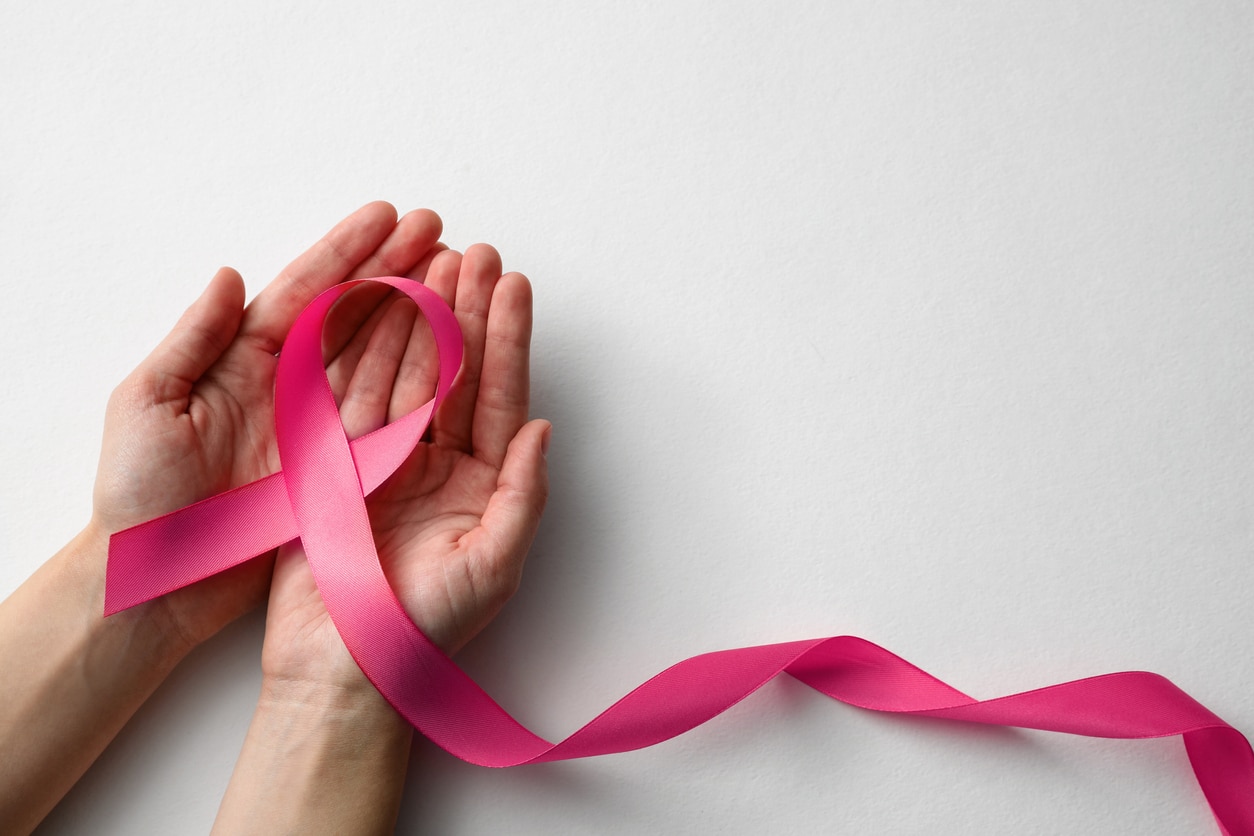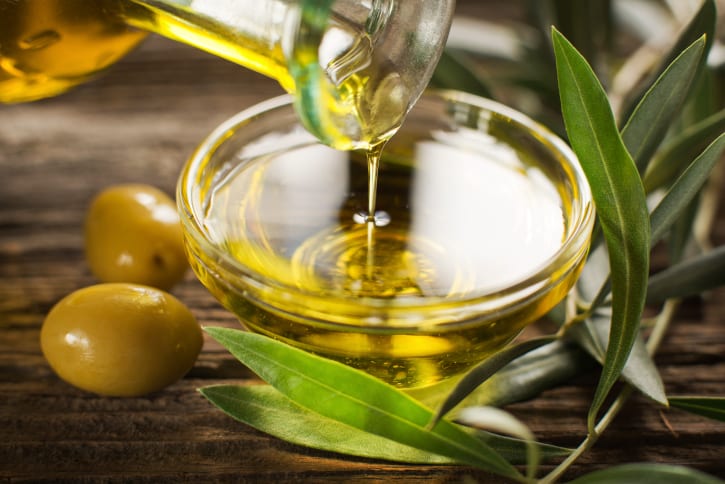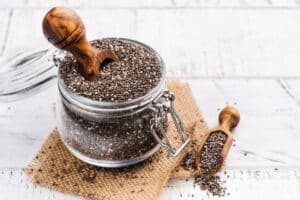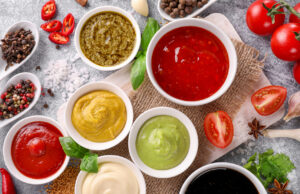October is breast cancer awareness month, so there’s no better time to discuss the measures you can take to reduce your risk of this disease. Over the course of our lifetime, nearly one of every eight women will be diagnosed with breast cancer, which is the most common form of cancer among women and the second most deadly. And while the five-year survival rate is good, if caught early, and the death rate continues to fall, we lose far too many mothers, sisters, daughters, colleagues, and friends to this horrific illness.
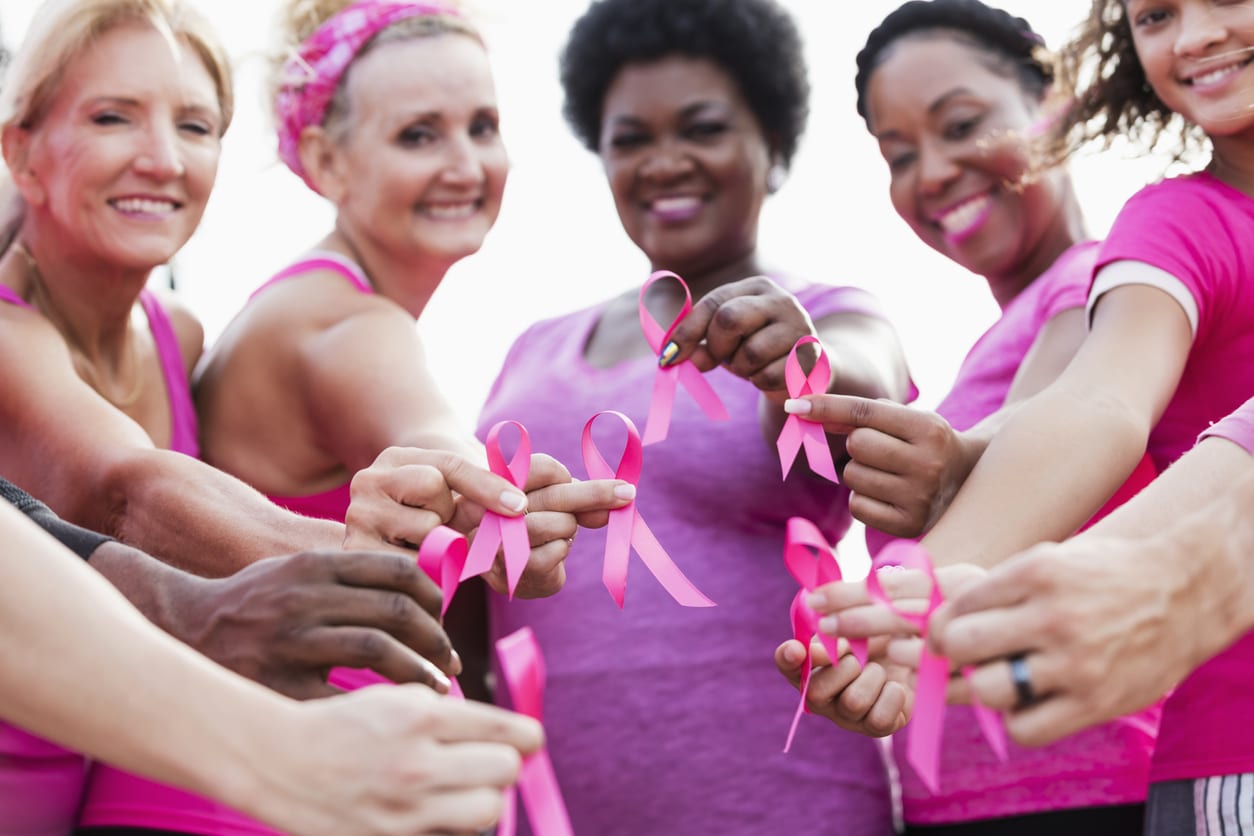
There are several factors that increase your risk for breast cancer – being female, getting older, having a mother, sister, or daughter diagnosed with the disease, and your exposure to estrogen over your lifetime are the most notable. Calculate your risk here. Unfortunately, we can’t change our DNA, but thankfully through healthy diet and lifestyle choices, we can influence and possibly alter their expression. Following the advice below can not only reduce the chance of developing breast cancer, but it can also lessen the chance of a reoccurrence.
Maintain a healthy weight*
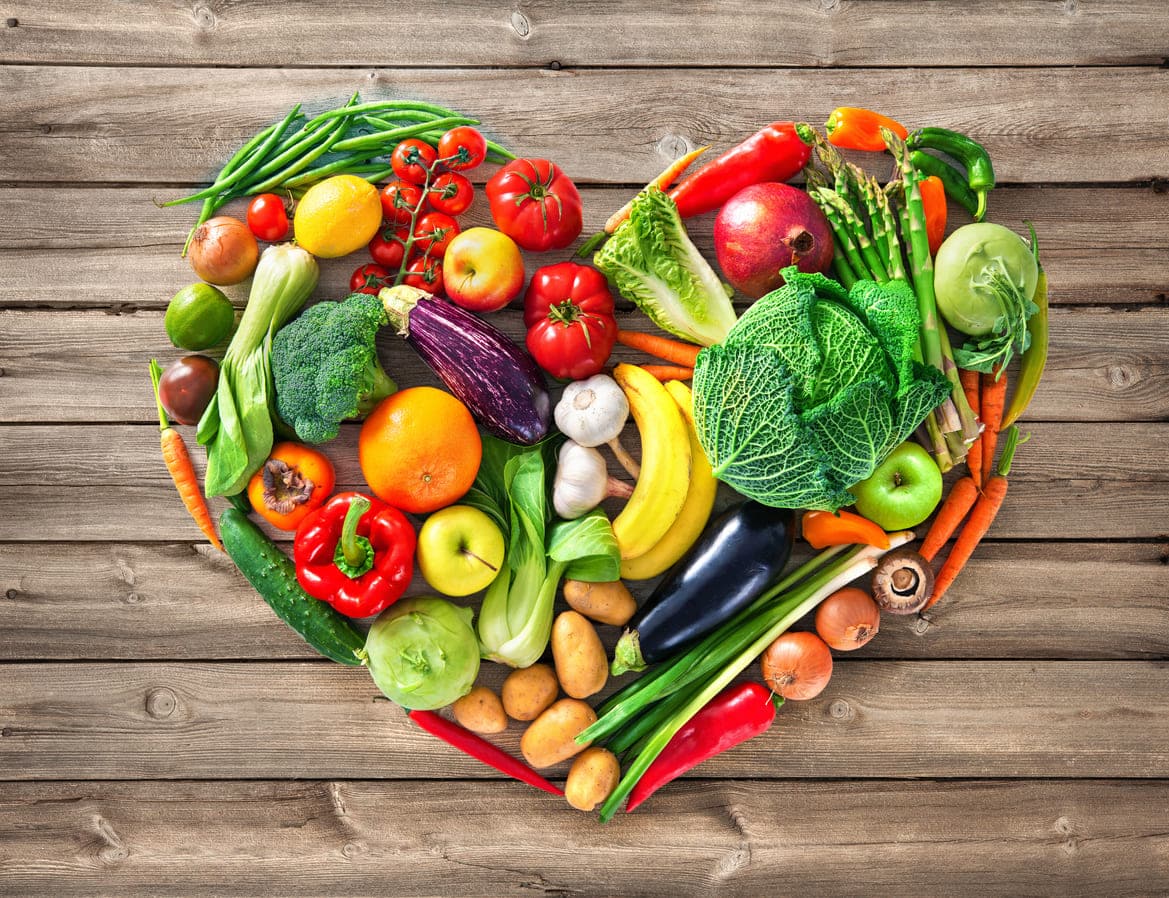
*A healthy weight is defined as a body mass index of 18.5-24.9. Calculate your BMI here.
Research continues to support that postmenopausal women who are overweight or obese have nearly double the risk of developing invasive breast cancer than women of normal weight. Also, the heavier you are, the greater the risk. Why? Following menopause, fat cells, not ovaries, are the body’s primary source of estrogen. The more fat you have, the more estrogen your body produces. According to Regina Ziegler at the National Cancer Institute, “estrogen stimulates breast cell proliferation.” Fat cells also fuel low-grade inflammation, which is associated with an increased risk of many cancers, breast included. (To read my recommendations on how to lose weight, click here.)
Exercise More
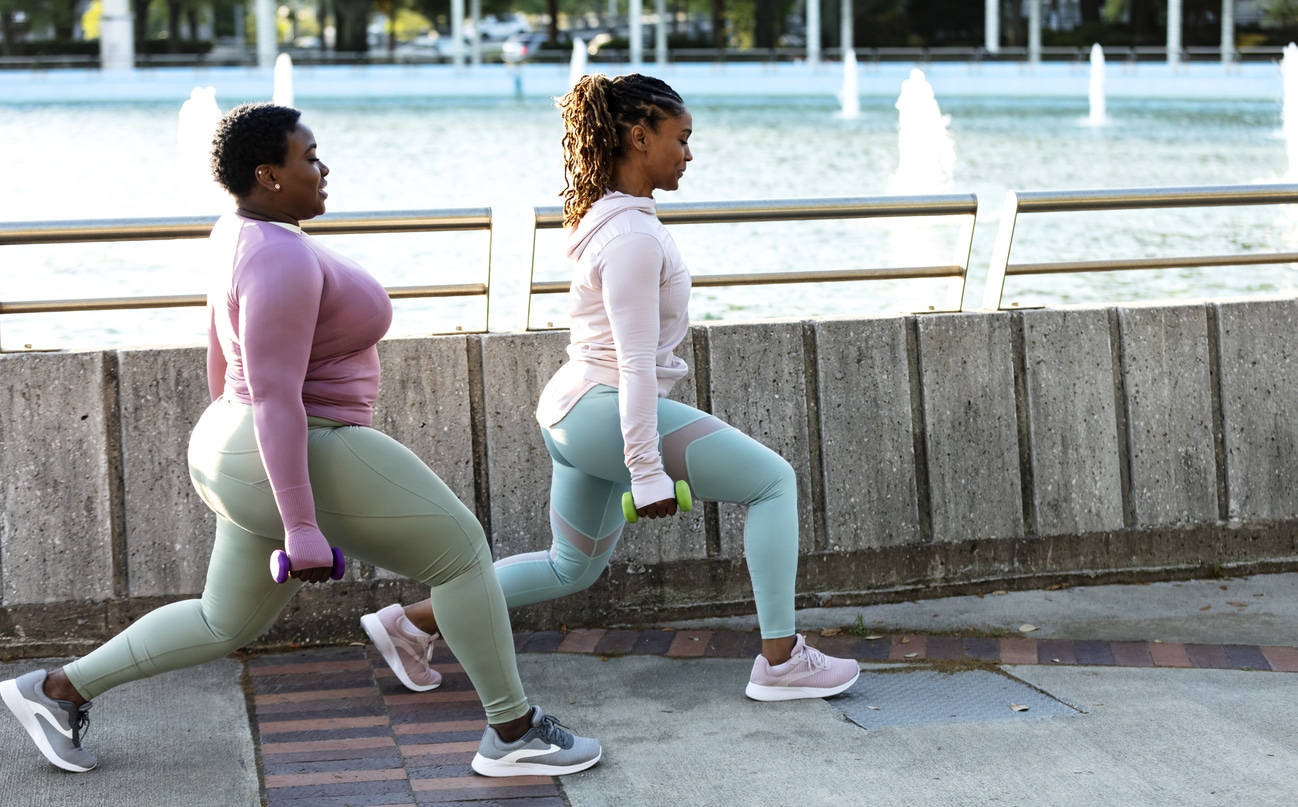
Want to age well? Participate in moderate to vigorous exercise for 150 minutes a week! It helps prevent mental decline and cardiovascular disease and, according to Dr. Beth Overmoyer, an oncologist at the Dana Farber Cancer Institute, “can reduce your risk of cancer and cancer reoccurrence by as much as 50%.” But a study published online by JAMA Oncology suggests that postmenopausal women can benefit even further from more physical activity. The research suggests that Prime Women who get closer to 300 minutes of weekly exercise have a better chance of losing belly fat than those that exercise just 150 minutes. Abdominal fat is an especially dangerous inflammatory type that is linked to a higher risk of breast cancer.
Limit or avoid alcohol
According to the Harvard School of Public Health, breast cancer is particularly sensitive to alcohol consumption. Studies definitively show that drinking just 1 drink a day can double your risk of estrogen-positive breast cancer. Dr. Overmoyer explains that “the increased risk starts after just four drinks a week.” Here’s the kicker, ladies – a drink is a mere 5oz of wine. That’s a “dribble” more than ½ cup. For breast cancer survivors or women with a family history of the disease, I strongly encourage you to abstain or, at the very least, imbibe sparingly. For the rest of us, say goodbye to the nightly “generous pour” and enjoy your serving of vino at most a couple of times a week.
Limit insulin production through a healthy diet, and don’t forget the olive oil.
Breast cancer cells contain insulin receptors that attract insulin, which signals the cells to consume glucose from our blood. Unfortunately, this glucose promotes the creation of new cancer cells and fuels tumor growth. To limit excess insulin in your blood, eat a diet rich in anti-inflammatory, low Glycemic Index (GI) foods — namely fruits, vegetables, whole, high-fiber grains, lean protein, and healthy fats, and avoid fast digesting carbohydrates like pasta, refined flours, added sugars, white rice, potatoes, and sweetened beverages that spike your blood sugar.
A study published in the JAMA Internal Medicine suggests that the Mediterranean diet, which consists primarily of high fiber, low GI plant-based whole foods when supplemented with extra-virgin olive oil (EVOO), may significantly reduce your risk of breast cancer. Why the added EVOO? An olive’s first-pressed oil (EVOO) contains much higher levels of anti-inflammatory polyphenols than olive oil obtained from later pressings (non-EVOO). Click here to learn which foods promote inflammation and which foods squelch it!
Conclusion
The truth is, as Prime Women, we cannot eliminate our breast cancer risk. But WE ARE NOT POWERLESS in the fight, and thankfully we have potent weapons at our disposal to help us win this battle. Of course, awareness alone isn’t enough. We need to be proactive and implement the above changes to our diet and lifestyle to give ourselves a fighting chance. Need some added incentive? These steps will also pay other health dividends by simultaneously reducing your risk of cardiovascular disease, type II diabetes, high blood pressure, and other chronic and age-related issues.
So in the spirit of breast cancer awareness month, consider signing up for a breast cancer walk, trade the vino for a handful of grapes – throw them on a salad, and drizzle with EVOO. Enjoy the healthy changes and the results that follow!
This article is for informational purposes only. It is not intended to diagnose, treat, cure or prevent any disease and is not a substitute for medical advice.
Read Next:

